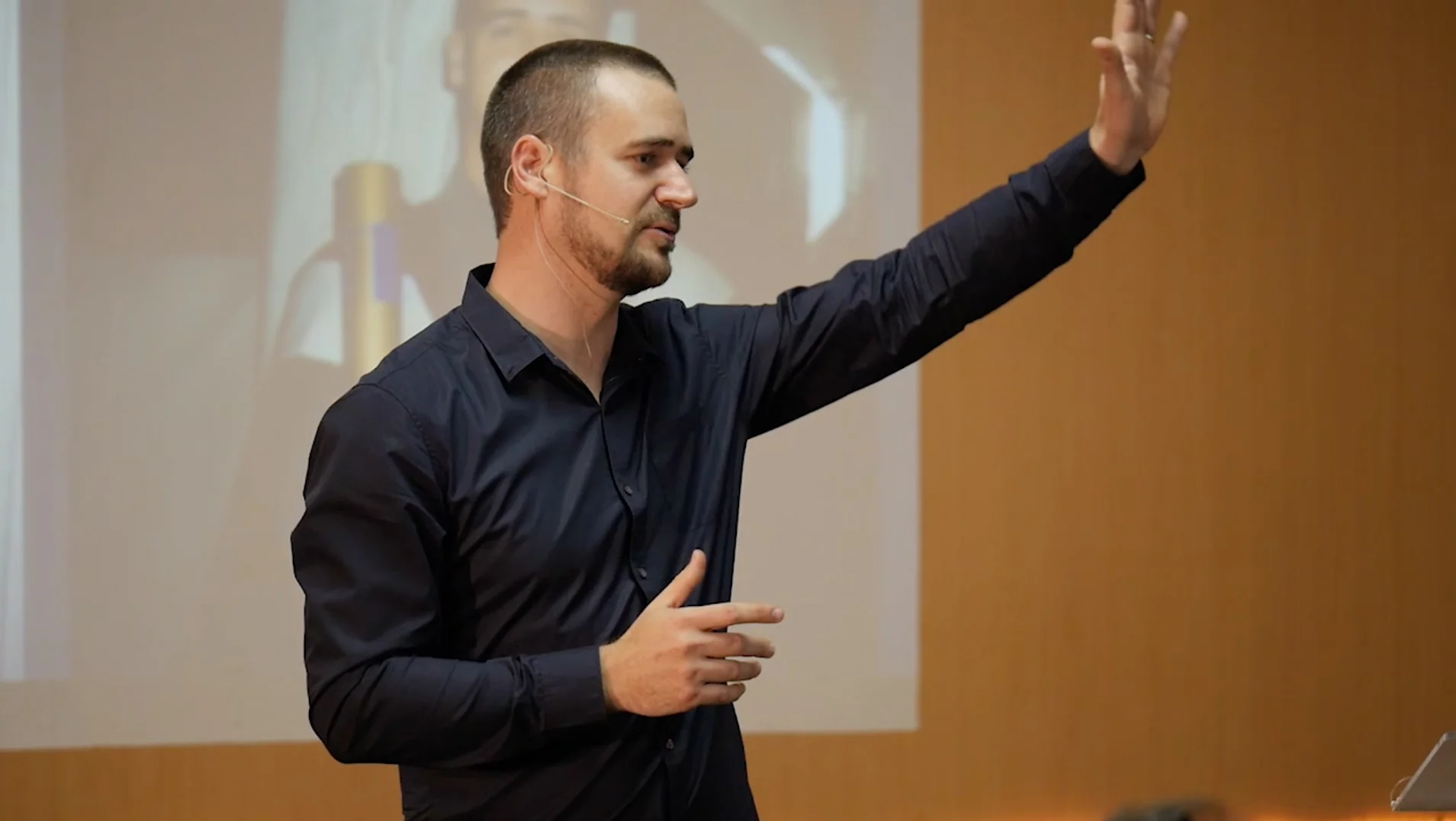The Porn Myth: Exposing the Reality Behind the Fantasy of Pornography
Matt Fradd (Ignatius Press, San Francisco, 2017.)
The Porn Myth: Exposing the Reality Behind the Fantasy of Pornography, is Matt Fradd’s latest book. It is a well argued, well structured discussion of the porn phenomenon and its effects on people. Matt is an Australian, now based in the United States of America, and is the founder of theporneffect.com. He is currently the Director of Content Development for Integrity Restored and is a best-selling author and speaker.
In this book, Matt goes about debunking many commonly held beliefs about pornography. The book is definitely not a religious treatise. He attempts to avoid religious jargon, and uses rational, fact based arguments to debunk many myths and misconceptions.
As the author states, “the goal of this book is to expose the myth that pornography is good or at least not that bad”. It could be said that Fradd is very Aquinas like in his method as he works towards achieving the book’s goal. (The author obviously looks up to Thomas Aquinas, judging by the name of his podcast, “Pints with Aquinas”). He does this by methodically stepping the reader through the many arguments or beliefs around pornography that are widely accepted in society. Chapter headings include: “Porn empowers women”, “only religious people oppose porn”, “I don’t pay for porn, so I’m not contributing to the industry”, “Porn isn’t addictive” and the classic claim “porn is only fantasy: it doesn’t affect our real lives”.
The book is an intelligent and compelling read and creates solid arguments on what is a major issue in society. When it comes to human sexuality some would say it is THE issue of our time. As Fradd cites:
“among millennials (18-30 year olds), 63 percent of men and 21 percent of women say they view pornography at least several times a week – and that says nothing of those who view pornography somewhat less frequently”
The author rigorously argues that sexuality is better and more fulfilling when one is not exposed to a cornucopia of sexual imagery on the internet.
“by placing sex, any kind of sex, into the medium of pornography, we gorge the masses on industrialised, commodified sexuality. This does not celebrate sex at all. It cheapens it.”
Whilst much of the book is built on the above proposition, it is great that Fradd positions sex clearly as something pleasurable and good. In fact, the reader no doubt will benefit from a deeper and richer appreciation of the gift of sex.
Whilst non-religious in tone, the book has a clear moral and theological underpinning. For the amoral, it may not be digestible content, but for someone striving “to be a good person” it certainly will make them think twice before using pornography again. Further than this, the book is so thorough it forms a great reference point for someone working in the growing number of areas affected by this topic. Be it education, counselling, psychology, pastoral or church ministry the book provides both a good reference point, for most common arguments, and also an in depth analysis of each topic.
The topics covered are: porn culture, the porn industry, porn and our sexuality, porn and our relationships and the struggle with porn. The book is heavily referenced, which will appeal to those seeking academic justification for the arguments, and the book includes a significant appendix which further digs down into the science and the plethora of brain studies that backs up the book’s premise.
With the viewing age of pornography getting younger and younger, and the rates of exposure before adulthood nearing 100%, all caring parents should have good knowledge on this topic. Children should be prepared from a young age to deal with porn exposure. In speaking of sex education Fradd says,
“Children and teens need to see that their parents are reliable sources of knowledge about sex, which means that conversations about these matters should be considered normal in the home”.
The author’s experience in working with people (and their spouses) impacted by pornography is obvious. The book also also attempts to help those affected, with helpful advice and encouragement. The reader is reminded that our desire for sexual fulfilment is rooted in something very good and that there is a way out of pornography’s sticky web. Fradd seeks to inspire people to pursue the real love on offer in authentic sexual relationships, rather than the cheap counterfeit that pornography offers.
Fradd’s arguments are insightful, accurate and supported by experts in the fields of neurology, psychology and sociology. Discussions pull back the curtain on an often hidden problem that has even more hidden effects. Drawing from insiders in the sex trade, the realities of the industry and pornography’s sordid history is exposed. Reaching into the personal lives of actors and actresses the fantasies of porn production are exposed; so too is the trail of broken lives that have been left behind. Matt Fradd definitely attempts to leave the reader motivated to fight the pro-porn cultural norm that is widespread in society.
This is definitely a book for the bookshelf if you are someone who seeks to challenge the wave of destruction that pornography is bringing to children, relationships and society. The book however, is probably best in the hands of someone asking the question, “Does porn really hurt anyone”?
The book absolutely does what the title suggests and exposes not just the “porn myth”, but it systematically removes the scaffolding that pro-porn arguments are built on. This book clearly contributes to the conversation on the harmful effects of pornography and I would suggest it is the most comprehensive discussion I have seen. If you are looking for a book that thoroughly scrutinizes the pro-porn arguments and encourages individuals, parents and communities to work to reject the influence of porn, then look no further.






